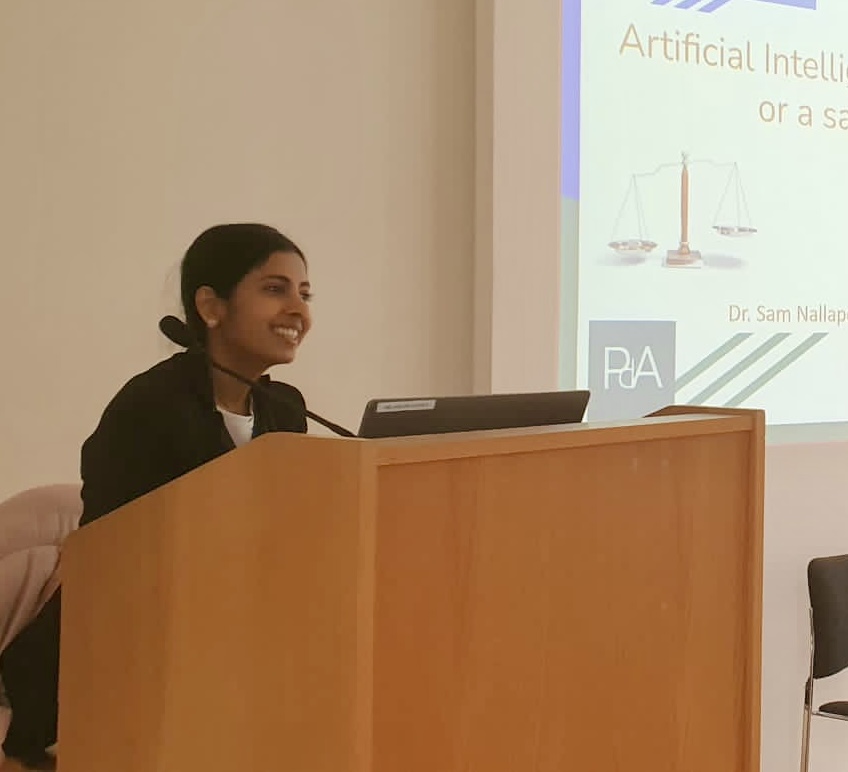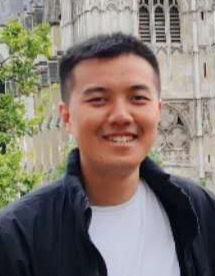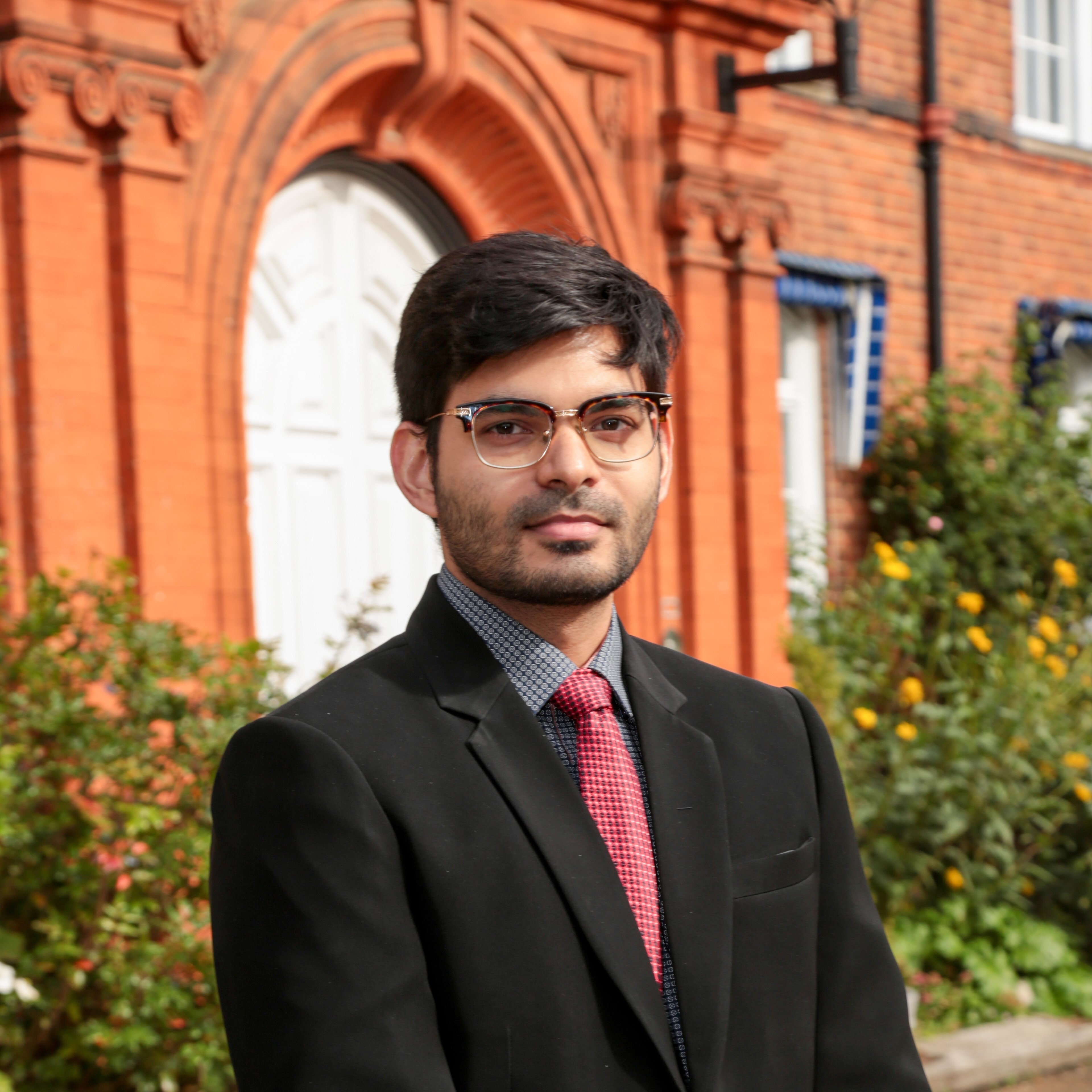Back to projects
BrainTwin: A Digital Twin Approach for Personalised Treatment Recommendations
Project Overview
Digital twins have been disruptive in many sectors with their capabilities to simulate complex scenarios in a fast, low-cost manner compared to physical mock-ups. It is predicted that digital twins will be dominant in the health care sector with their potential in assisting early diagnosis and personalised treatment recommendation. This project aims to develop digital twin models for the human brain enriched with the foundations of neuroscience, psychiatry, and network science as well as learning from real world data in the context of sleep disorders.
By integrating digital therapy, artificial intelligence (AI), electroencephalography (EEG), BrainTwin project generates adaptive treatments based on therapy depending on the patient’s brain function. This project will support healthcare and wellbeing by providing digital treatments that are accessible to patients globally, reducing the burden on healthcare. Moreover, the BrainTwin’s brain simulation approach has great potential to contribute to the wider neuroscience research in early diagnosis and treatment recommendations for other difficult to treat brain related issues such as neurodegeneration and brain tumours.
The project is in early stage and been awarded initial funding through Accelerate AI program, Centre of Integrative Neuroscience Discovery (CIND) early carrier award 2023, Centre for Advanced Photonics and Electronics (CAPE) grand challenge for systems and devices for healthcare 2023. Existing project collaborators include, departments of Engineering and Neuroscience of University of Cambridge, Royal Papworth hospital, Alan Turing institute and Haleon and the project team invites interested researchers and research students in AI, sleep science, neuroscience and healthcare professionals to join the team to advance the digital health.





